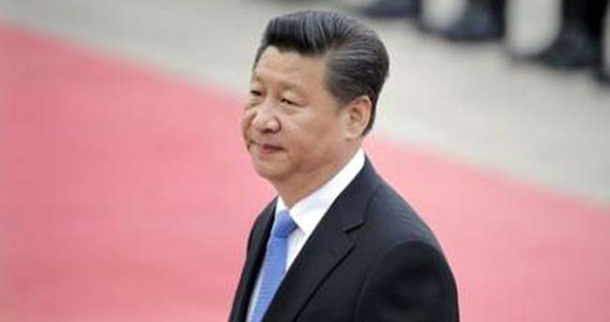China has once again accused His Holiness the Dalai Lama of “personalising” the issue of reincarnation, and creating a stir among the Tibetan community. This accusation came as a reaction to an interview in the New York Times, in which His Holiness said that he would hold a kind of referendum among Tibetan exiles and consultations among Tibetans within China about whether a new Dalai Lama should succeed him.
As a follow-up to this interview, a conclave was held in China, chaired by the Chinese President Xi Jinping and attended by senior leaders of the ruling Communist Party of China (CPC), to discuss the steps to be taken for “creating stability in Tibet” and to counter “anti-separatism”. An anonymous source has been quoted as saying that at the end of the meeting, Xi Jinping said that the Communist Party would “pick the next Dalai Lama, period! If things do not go well, we are ready to take corrective action.”
Following the conclave, a statement was issued by China’s official news agency Xinhua, indicating that the issue of Dalai Lama’s reincarnation has always been the jurisdiction of the Beijing leadership: “The 14th Dalai Lama has been talking about his reincarnation as though the centuries-old system is his personal matter. The authority of the central government has always been important in the reincarnation process. Historical precedents have clearly shown the central government’s vital role in the process. Since then, all confirmations of the Dalai Lama have required approval by the central Chinese government, which has deemed the process an important issue concerning sovereignty and national security.”
The statement also elaborated that “safeguarding national unity and strengthening ethnic unity should be highlighted in work involving Tibet”. It further noted that “efforts should be made to unswervingly carry out the anti-separatism battle, promote the region’s economic and social development, safeguard and improve people’s welfare, and enhance exchanges and integration of different ethnic groups.”
There is nothing unusual about China’s claim to control the next reincarnation. Under the current regime, the authorities have tried to control the selection and appointment of the country’s Catholic leadership.
China’s intervention in the issue of his reincarnation has led to angry reactions from Tibetans and supporters, who are saying that this statement is yet another “political gimmick” to undermine the religious sentiments of Tibetans.
Karma Yeshi, a member of the Tibetan Parliament, told Tibetan news website Phayul, “The claim of Chinese government’s regarding the reincarnation of His Holiness the Dalai lama is ridiculous at best. If we look at the history from the first to the current Dalai Lama, there has been no such incidences to authenticate such claim. If they are referring to the patron-priest relationship, Tibet had such relationships with other nations like Mongolia.”He added that if China were to introduce their own Dalai Lama, Tibetans and followers around the world would not recognise him as the true Dalai Lama.
On his part, the Dalai Lama has maintained that all he wants is religious autonomy from the state, adding that he feels healthy and is no hurry to discuss the subject of his reincarnation.





 Print
Print Email
Email